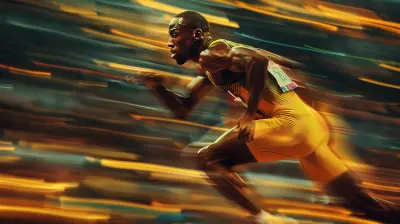How Athletes are Using Brand Deals to Build Their Legacy
20 June 2025
Once upon a time, an athlete’s legacy was pretty much measured by wins, rings, and maybe a couple of trophies on the shelf. Fast-forward to today? The game has changed—big time. Athletes aren't just aiming to be the GOAT on the field; they're also building empires, one brand deal at a time.
From flashy sneaker endorsements to launching their own product lines, modern athletes are flipping the script. They're not just endorsing brands anymore—they’re becoming the brand. Think of it like this: every partnership is a building block in the house that is their legacy.
Let’s dive in and break all this down. Why are brand deals so important for athletes now? And how are they using them to carve out something way bigger than sports?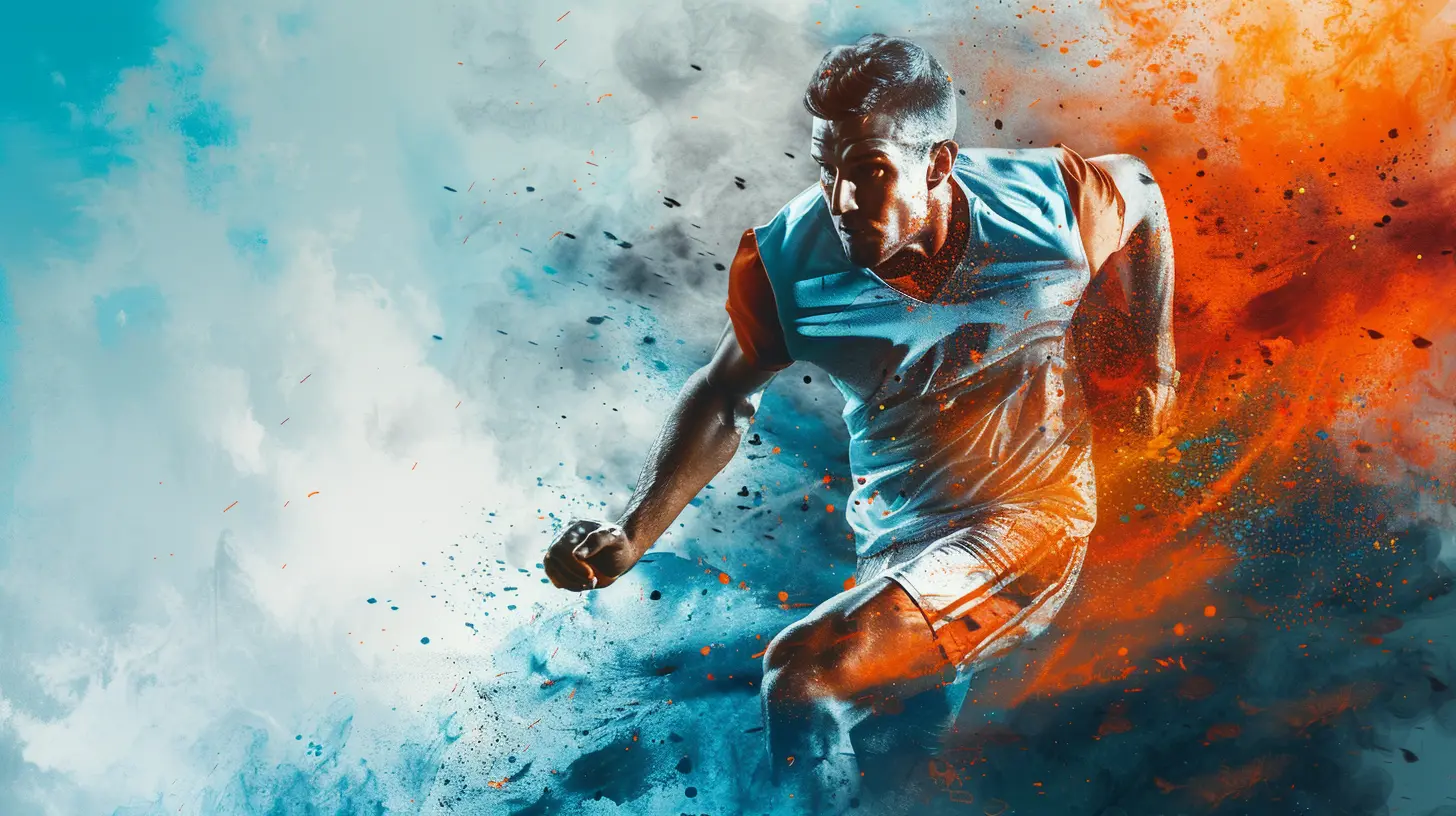
The Evolution of the Athlete-Brand Relationship
From Spokesperson to CEO
Back in the day, athletes were just the face of the brand. They smiled in commercials, maybe wore the gear, and that was that. But now? They're calling the shots. Athletes are shifting from being just endorsers to becoming brand owners, collaborators, and partners.Think about LeBron James and his partnership with Nike. That’s not just an endorsement—it’s a lifetime deal reportedly worth $1 billion. And that's only part of his business portfolio. He owns production companies, a media empire, and stakes in sports franchises.
These athletes aren’t playing checkers; they’re playing chess.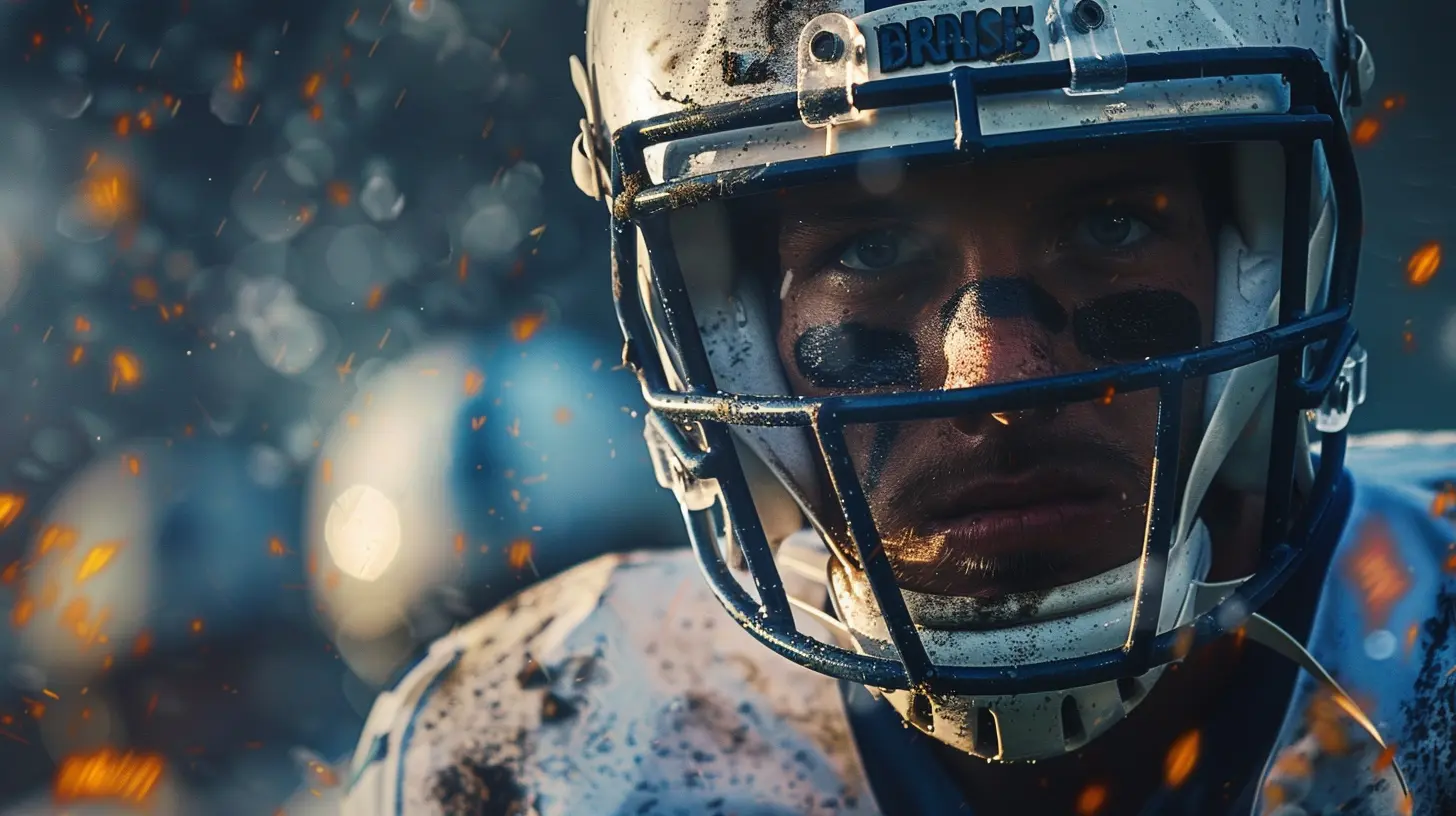
Brand Deals as a Platform for Bigger Impact
More Than Just a Paycheck
Yes, brand deals mean big bucks, but that’s only the surface level. For athletes today, it’s about influence, voice, and legacy. They’re using these partnerships to spotlight causes they care about, amplify underrepresented voices, and create change.Take Colin Kaepernick, for example. His Nike deal wasn’t just about selling shoes. It was a bold statement about values, beliefs, and standing up for what's right. That deal sparked conversations that reached far beyond the football field.
When athletes choose brands that align with their values, they’re not just cashing a check—they’re building a message.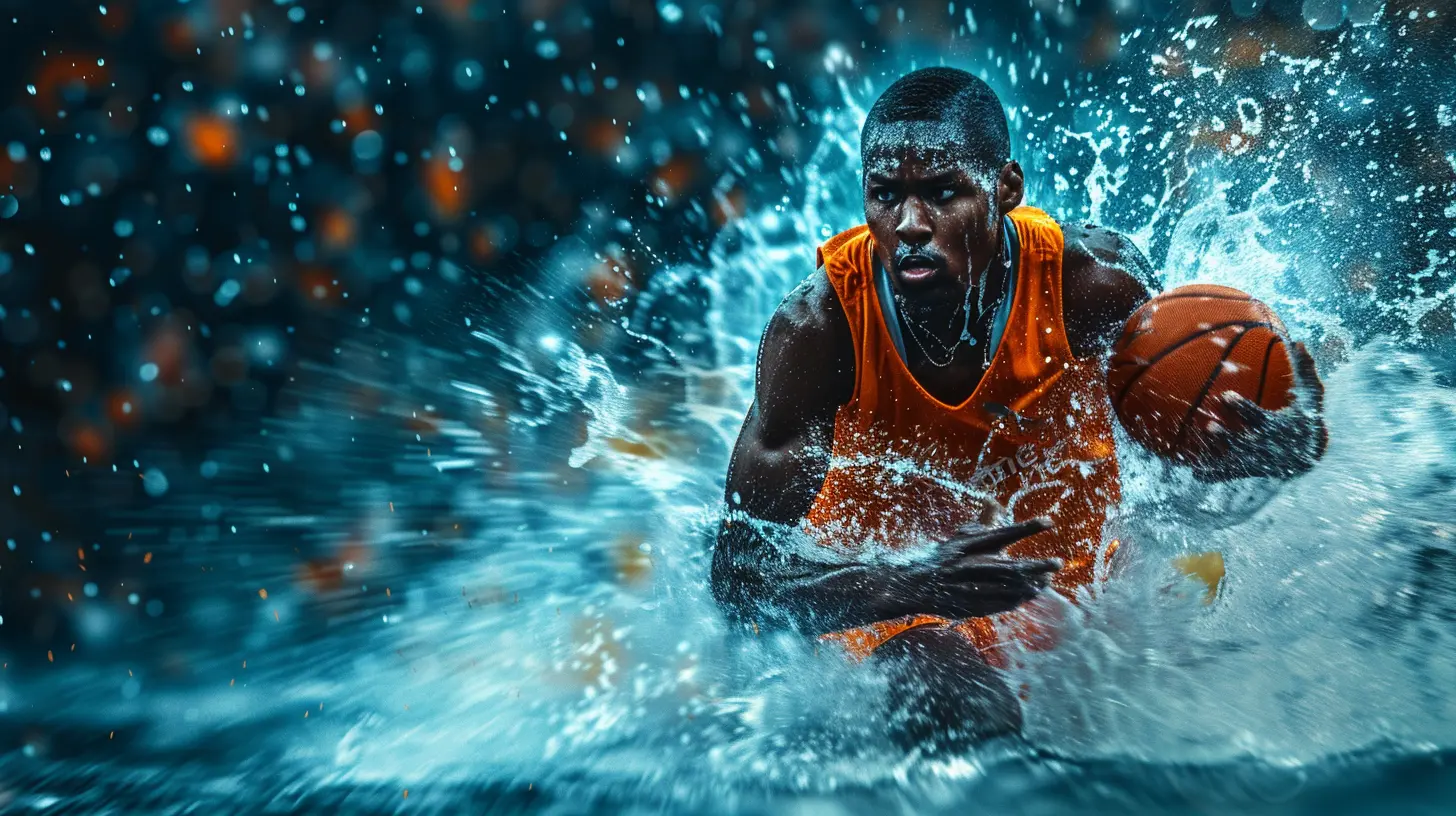
Social Media: The Ultimate Game-Changer
Direct Access to Millions
Social media flipped the script for athletes. Before, brands needed TV ads and billboards to tell a story. Now? One Instagram post from an athlete can reach millions instantly.Athletes like Serena Williams, Cristiano Ronaldo, and Naomi Osaka have used their platforms to grow their personal brands and attract major sponsorships. Their followers are loyal, authentic, and tuned in.
Let’s be real—brands see this kind of reach and think, “Why wouldn’t we sponsor that?”
And it’s not just about selling products. It’s about building connection, trust, and authenticity. The more relatable athletes are, the more powerful their brand becomes.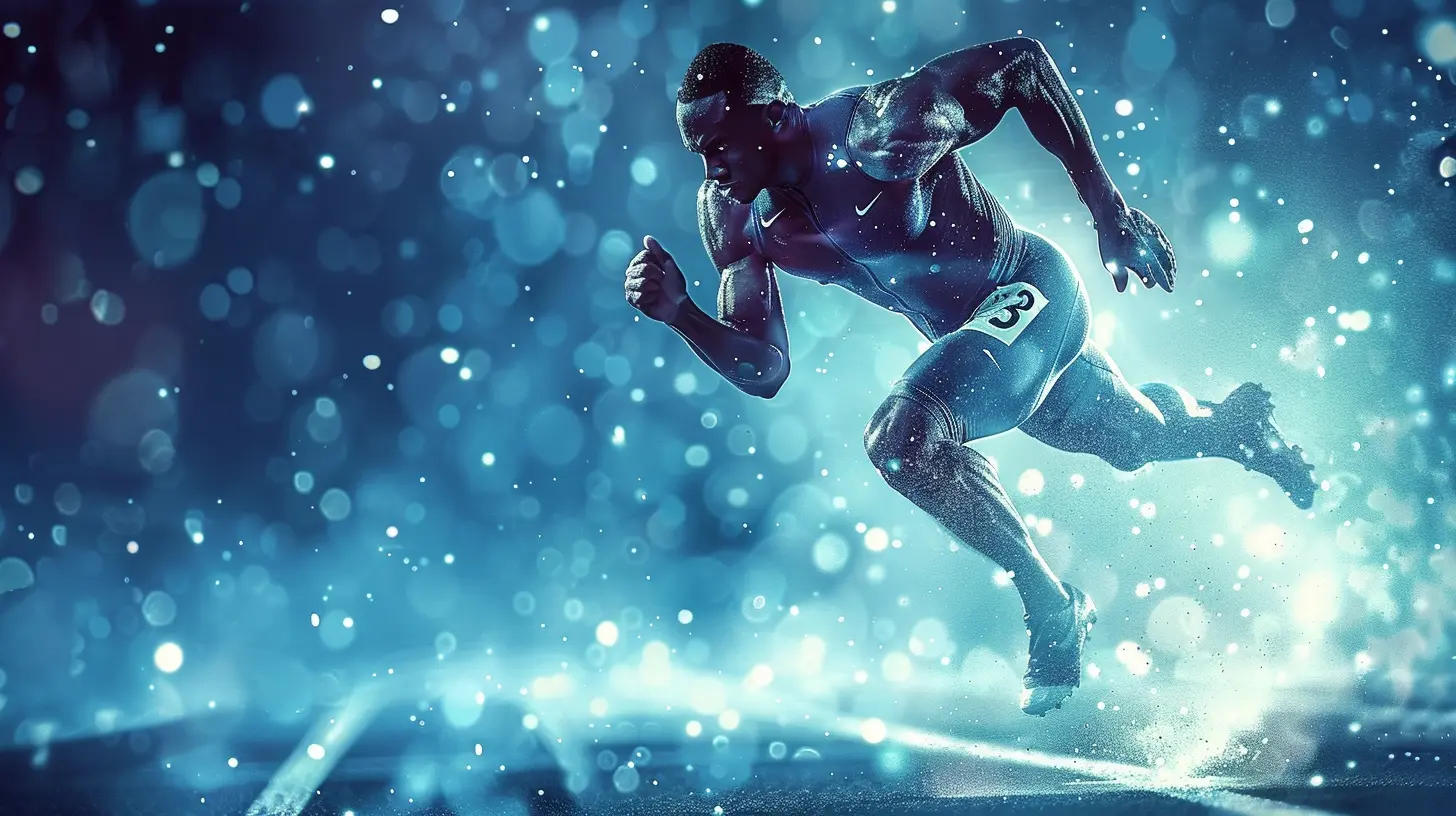
Athletes Creating Their Own Brands
Ownership is the New Flex
Endorsements are cool. But starting your own brand? That’s legendary.Just look at Michael Jordan. The Air Jordan line transformed Nike and catapulted MJ into a business mogul. Now, players like Stephen Curry (with Curry Brand) are following the same path.
And it's not just limited to sports gear. Athletes are launching:
- Nutrition lines
- Fashion brands
- Tech startups
- Fitness apps
- Media companies
Look at Tom Brady’s TB12 or Russell Westbrook’s fashion brand Honor the Gift. These aren't side hustles—they’re cornerstones of their legacy.
Creating a brand gives athletes full control over their image, message, and future. Why play for someone else when you can build your own empire?
Strategic Partnerships and Long-Term Play
Aligning With the Right Partners
Not all money is good money. Smart athletes think about long-term brand alignment. They’re partnering with businesses that reflect who they are and where they’re going.Take Roger Federer’s deal with Uniqlo. He left Nike behind, not because of money alone, but because Uniqlo offered him broader creative freedom and global vision. That’s playing the long game.
Or look at Dwayne “The Rock” Johnson, who turned his Under Armour deal into a full-on franchise with Project Rock. That’s more than a collaboration—that’s a co-branded movement.
These partnerships are chosen carefully. Athletes are thinking bigger—equity, ownership, brand synergy, and generational wealth.
Brand Deals Fueling Philanthropy
Giving Back With Style
Building a legacy doesn’t stop at money and fame. Many athletes use their brand power to give back to communities. Through endorsements and personal brands, they’re funding scholarships, building schools, and starting foundations.LeBron’s "I PROMISE School" is a prime example—funded in part by the influence and revenue stemming from his brand partnerships.
These deals become fuel for change. It’s not just about personal gain—it’s about lifting others up.
Athletes as Media Moguls
Controlling the Narrative
In the past, athletes relied on reporters and the media to tell their stories. Not anymore. Now, with platforms like The Players’ Tribune or their own production companies, they’re telling stories their way.Kevin Durant’s Thirty Five Ventures, LeBron’s SpringHill Company, and Serena Williams’ Serena Ventures are turning athletes into media moguls. With this control, they can shine a light on what matters most to them—and make sure their legacy speaks louder than any box score.
The NIL Revolution: College Athletes Enter the Chat
High School and College Athletes Are Getting in On It
Let’s not forget the new wave of college athletes cashing in on NIL (Name, Image, Likeness) deals. The NCAA finally loosened up, and now college players are signing deals before they even go pro.Some are even earning six or seven figures before their first pro contract.
This changes the game entirely. Athletes can now start building their brand and legacy in high school or college. They’re becoming more business-savvy at younger ages and setting themselves up for life after sports.
Legacy Beyond the Game
Life After Retirement
Every athlete’s career eventually ends. But their legacy? That’s where brand deals come circling back.By the time an athlete hangs up their jersey, their brand is often just hitting its prime. They transition into entrepreneurship, broadcasting, philanthropy—or all of the above.
For some, retirement just means it’s time for Phase 2.
Shaquille O’Neal, for instance, is now a business mogul with investments in countless brands. He didn’t just rely on what he made in the league—it was his brand partnerships and business deals that multiplied his wealth and influence.
Athletes are waking up to this early. They're no longer waiting until after retirement to plan their future. The future starts now.
The Risks and Lessons Learned
It’s Not Always a Slam Dunk
Of course, not every brand deal is a home run. Athletes have to be careful. A bad partnership can damage credibility or even harm their legacy.Some lessons include:
- Align with brands that match your values.
- Avoid overexposure—fans can spot cash grabs from a mile away.
- Keep control and strive for ownership, not just endorsements.
It’s all about being calculated, intentional, and authentic.
Wrapping It Up
Athletes today are building legacies far beyond the game—using brand deals as the foundation. Whether it's launching their own product lines, joining forces with global companies, or using their voice for social impact, these modern-day gladiators are rewriting what it means to be successful.The scoreboard stats are cool, but it’s the off-the-field moves that will echo for generations.
And honestly? We’re here for it.
In a world where influence equals power, athletes are proving they’ve got both—on and off the field. So next time you see your favorite player in a commercial or launching their own sneaker line, know this: they’re not just cashing checks. They’re crafting a legacy.
all images in this post were generated using AI tools
Category:
Brand EndorsementsAuthor:

Easton Simmons
Discussion
rate this article
2 comments
Korian Johnson
Because winning medals isn’t enough, right?
November 24, 2025 at 1:32 PM

Easton Simmons
Winning medals is just one part of an athlete's legacy; building a brand can extend their impact and influence beyond the competition.
Zaren McDougal
Athletes aren't just stars on the field; they're savvy entrepreneurs crafting legacies through brand deals. This isn’t just smart business; it’s a powerful statement. They’re redefining success, proving that greatness extends beyond performance. In today's game, influence is as crucial as athletic prowess. Embrace it!
June 24, 2025 at 4:13 AM

Easton Simmons
Absolutely! Athletes are indeed leveraging their influence to create lasting legacies. Their entrepreneurial ventures signify a broader definition of success that transcends the field. Embracing this shift is essential for understanding the evolving landscape of sports and business.


